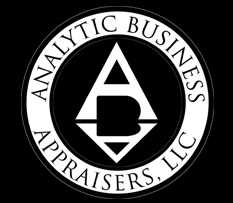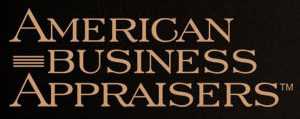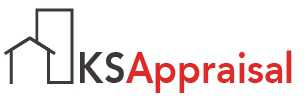Top Business Appraisal Firms in Phoenix - 2024
List of the Top Business Appraisal Firms in Phoenix
Wimgo takes pride in showing unbiased reviews on user satisfaction in our ratings and reports. We do not allow paid placements in any of our ratings, rankings, or reports.
Frequently Asked Questions About Business Appraisal Firms
There are quite a lot of factors to consider when discussing how long a business valuation could take. These factors such as the number of adjustments made, the client’s availability, the existence of client advisors, the size and structure of the firm, and of course the availability of financial information could make a business valuation take as little as a month or as long as months. The majority of valuation firms, however, provide their clients with a report in about 3 to 6 weeks. Nevertheless, if an organisation requires an urgent valuation an exception can be made.
Depending on your type of business and its size, a formal valuation report might not be necessary. This is especially true if your business is valued at less than $500,000
The actual cost of a business valuation typically depends on the type of business being valued, as well as the extent of the valuations. Most business valuation services have a free or low priced valuation tier of the most basic valuations, while the most detailed and informative business valuation can cost anything from $1000 to $10,000.
While most people erroneously believe that business valuation services are a commodity that can yield identical results regardless of which business valuation expert is handling the process, experience and training can matter a great deal. Other factors that affect the result given by a business valuation expert has to deal with just how in-depth the analysis is, and the scope of the research conducted. Every one of these factors and more can make the business valuation result vary from one business valuation expert to another.
This approach to business valuation aims to create a value of the business by comparing it to similar ones that were recently bought. The idea can be likened to that use in real estate comps to place a value on a house. Nevertheless, this method only works if there is a sufficient amount of similarly linked businesses to create a comparison.
A business valuation can be a great method to determine what the economic value of a business is. This valuation can be for the following situations:
- If the business needs to be sold due to divorce, health, retirement, or family reasons
- If there is equity or debt financing requirements for expansion or as a result of cash flow issues
- If additional shareholders are being added. The share value will have to be determined.
Regardless of the reason, a business valuation can help set the appropriate price of a business.
Asset-based approaches
This is essentially a valuation that adds up all the investments in a company. It can typically be done one of two ways:
A liquidation asset-based approach to help determine the liquidation value or the net cash that can be received if the liabilities are paid off and the assets are sold
A going concern asset-based approach which takes an overview at the business’s balance sheet lists its assets while subtracting its total liabilities to arrive at what is known as book value.
Earning value approaches
An earning value approach is typically founded on the idea that a company’s value lies in its wealth-producing capability.
CPE or capitalising past earnings helps to determine what the expected cash flow level for the organisation is using its record of previous earnings. It will also normalise this record for unusual expenses or revenue multiplying the estimated normalised cash flow using a capitalisation factor. It is the hope that the capitalisation factor helps to reflect the rate of return a purchaser can expect on that investment as well as a measure of the risk taken should the expected earnings not come to fruition.
DFE or discounted future earnings is a different earning value approach to business valuation. What makes it different is that rather than an average of past earnings, the concentration on the average trend of predicted future earnings is divided by the capitalisation factor.
Market value approach
This approach to business valuation aims to create a value of the business by comparing it to similar ones that were recently bought. The idea can be likened to that use in real estate comps to place a value on a house. Nevertheless, this method only works if there is a sufficient amount of similarly linked businesses to create a comparison.
Fair Market Value
This value is usually defined as the price a business can seamlessly change hands from a willing seller to a willing buyer if the seller is under no compulsion to sell, the buyer is under no compulsion to buy and both parties have a reasonable knowledge of the important facts.
Fair Value
This value is a statutory standard which is typically used in court cases involving nonconforming shareholders, divorce, shareholder oppression, and any other litigation. Its application and definition tend to vary depending on the legal jurisdiction and the case.
Investment Value
This value is peculiar to an investor or buyer based on their particular expectations and investment requirements. It might also consider expected synergies should businesses become combined. This investment value is typically used in acquisitions and mergers.

Need A Little Help?
Talk with a vendor expert for free. Get a list of companies
that will be great for you in just 15 minutes.




















